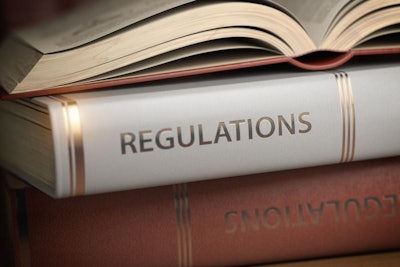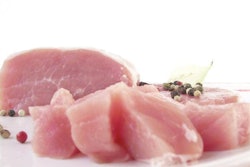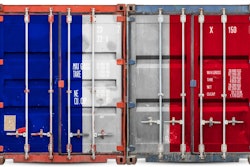
Careful planning could make EU Green Deal a win for feed and animal producers, industry leaders say
Despite protests staged by some farmers, industry groups say the EU Green Deal could actually help feed and animal producers come out ahead.
Though it’s not yet clear what, exactly, the EU Green Deal will mean for the feed industry or agriculture in general. The deal, unveiled in mid-December, aims to remake the European economy to achieve carbon neutrality by 2050. And while the specifics have yet to be unveiled, industry leaders view the deal as an opportunity to cement better economic terms for agriculture — and rehabilitate the industry’s image at the same time.
“FEFAC welcomes the EU Green Deal ambitions,” Nick Major, president of the European Feed Manufacturers’ Federation, said in a statement to Feed Strategy. “The Green Deal can have a positive effect on the feed industry as we have the capacity to deliver solutions to demands such as enhancing animal health and welfare, reducing emissions and boosting the circular economy. But we need to ensure that the contribution and future of the livestock sector as an economic activity and an essential element of sustainable food systems in Europe is fully understood, recognized and safeguarded in the first place by EU policymakers.”
Whether the Green Deal impacts the feed industry for good or for ill, Major and others agreed, will depend greatly on the specific terms laid out in the Farm to Fork Strategy, which is scheduled for release in spring 2020. Some of the initiatives that have already been suggested, such as further reductions in the use of antibiotics, could actually benefit the feed sector, Major said.
But other goals, such as reduced fertilizer or pesticide use, could have unintended consequences, potentially reducing yields of cereals and oilseeds, thereby increasing Europe’s dependence on imported feed ingredients. That, in turn, could actually increase the continent’s carbon emissions.
The intent to create a more sustainable financial system via the EU Green Deal could also help animal agriculture in the long run, according to Roxane Feller, secretary general of AnimalhealthEurope.
“It’s not only about the environment, although climate change is the main target,” she said, “but also an economic pillar. Farmers need to be able to make a living.”
Feller said AnimalhealthEurope hopes the Green Deal will make new paths to financing available to farmers. There are many new technologies available that could reduce emissions and make farming more environmentally friendly. But all of those investments cost money, and getting financing to invest in such improvements on a farm is difficult, Feller said.
The Green Deal, she hopes, will acknowledge this reality and make financing more readily available for farmers. After all, she said, “we don’t want to be in a situation in Europe where we mainly depend on imports for our meat consumption.”
The more Europe imports, she said, “the less say we have on the way they are produced and the way the animals are taken care of.”
At the end of the day, Feller said, the EU Green Deal may represent an opportunity for animal agriculture to demonstrate that it is, actually, an industry that puts sustainability front and center.
“What we want,” she said, “is to be recognized as a solution to providing better climate change outcomes, and not seen as the problem.”

















